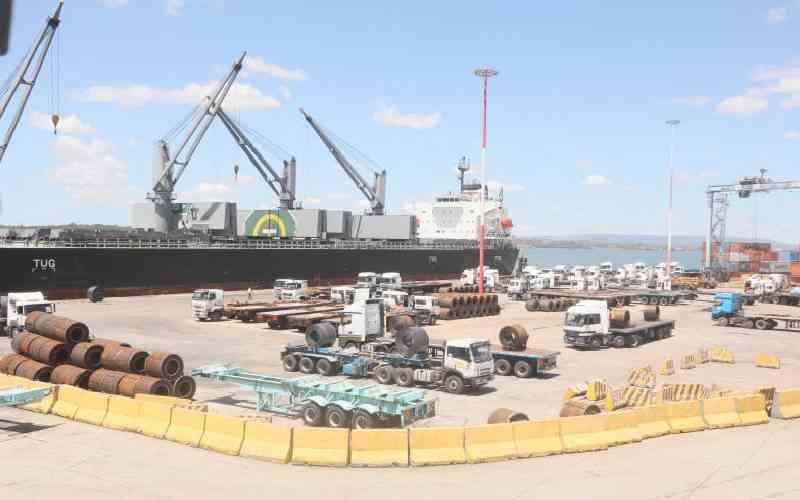×
The Standard e-Paper
Stay Informed, Even Offline

In the last seven years, Kenyan and global security agencies have recorded significant victories in the war against narcotics, elephant ivory, and rhino horns through Kenya's manned and unmanned ports.
For instance, the jailing of Kenyan Mansur Mohamed Surur, Liberian Moazu Kromah, and Guinean Amara Cherif by the Southern District of New York is hailed in maritime security as a big win in the war.